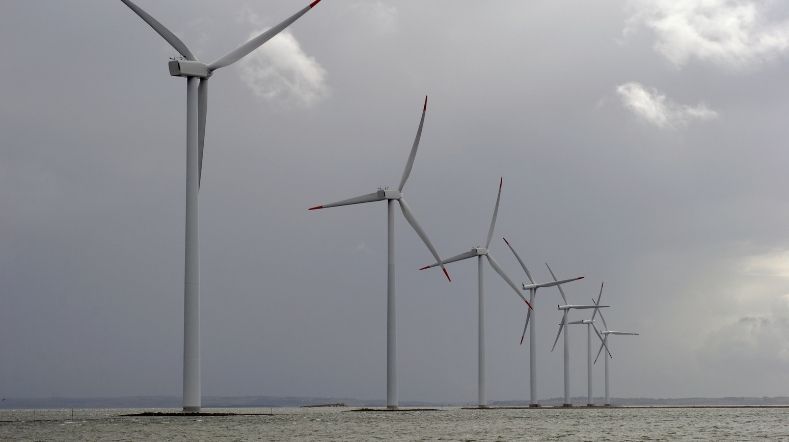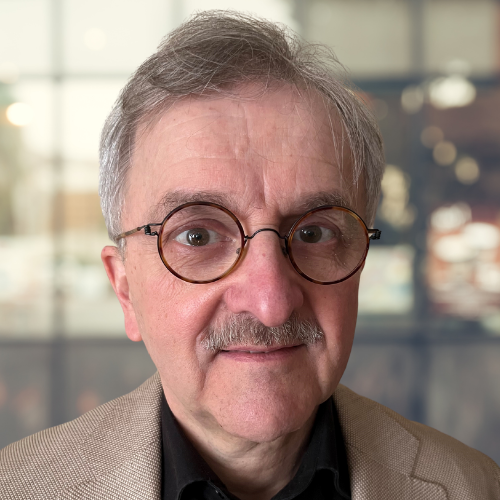Sustainable energy
TNO supports clean, reliable and modern energy sources, including by harnessing the potential of decentralized renewable energy solutions. Our ambition is to create affordable access to sustainable energy for 50.000 households in low and middle income countries in 4 years. This impact contributes to SDG 7 - ensure access to affordable, reliable, sustainable and modern energy for all.
Access to energy is universally recognised as key to economic development and to the realisation of human and social well-being. Energy poverty remains extensive, with close to 790 million people without access to electricity – predominantly in sub-Saharan Africa. Due to growing population and rising incomes in developing countries, demand for energy is expected to increase by 25 per cent in 2040.
Renewable energy technologies like hydropower, solar PV, biomass or wind are the solution to power local communities and to reduce carbon emissions. However, the relevant progress is hampering; the roll out of smart-grid systems is lower than expected and availability of low-cost, scalable energy storage is still lacking.
Our core areas of work
TNO is working on various renewable energy (eco)systems, using an integrated, multidisciplinary approach with know-how on technology, economics, environment, circularity and social welfare. In all cases TNO teams up and innovates with international and local partners. TNO acts as knowledge partner in public-private partnerships and we develop new products, tools and approaches by means of an open, inclusive collaboration.
Decarbonisation of power (micro)grids
We partner with public and private companies in India, Africa and Caribbean in delivering integrated energy, (bio)waste, water and sewerage services, based on a local energy system. This on a level of isolated villages, islands, small cities, urban districts, rural areas with weak or non-existing grid connections. The underlying goals are:
- to ensure the best opportunities and improved quality of live for the citizens;
- decarbonisation of the local energy areas as a building block of the entire power system.
We provide local energy communities (consumers, generators, system owners & operators) with an integral set of hardware and software management tools, capable of integrating different kind of renewable energy sources (wind, solar, biomass, hydrogen, storage) and loads (mobility, households, industrial), including flexibility and scalability on the microgrid and power system levels.
Inclusive business models and employment
We develop local economic activities in various Central African and East Asian economies. We do this via multiple strategies
- by developing and implementing circular business models comprising build-operate-maintain cycles for local energy systems, coupled to economic activity resulting from the local energy system
- by offering methodological support to inclusive businesses in developing scaling and/or replication strategies or business model adaptations focused on collaboration in the value chain.
All the economic activities will be supported via dedicated training for the local workforce and the management layer, with attention for the whole value network.
Innovative liners for woodstoves
Weak part of improved woodstoves is the ceramic liner. Breakage occurs often, caused by bad clay, missing materials, lack of technology and/or skills. Our aim is to improve the lifespan of the liner and to improve efficiency of the production process by making use of affordable, local available materials.
Cement is one of the most polluting and expensive materials currently used. TNO develops alternative binders based on local (secondary) resources anywhere in the world. Our goal is to reduce the CO2 footprint as well as cost price of stony materials like concrete, bricks, blocks and liners, while increasing the structural features and overall quality.
Sustainable biomass utilisation
In many regions the biomass waste streams are abundant and can be the source of valuable bio gas for households and industry. TNO has developed underlying technology and contributed to the first commercial biomass gasifiers, feeding methane into 1 MWe gas engine. This innovative technology is developed for an Indian company Ruchi Soya Industries Ltd, in co-operation with a number of international partners.
The plant is built in a region with soya plantation fields supplying raw materials to Ruchi. The company is feeding the waste stream of the soya harvest into the gasifier, which in turn produces biogas, used to generate heat needed to process soya beans.
Get inspired
TNO and Jungle AI collaborate to detect cyberattack on wind turbine and improve detection capabilities
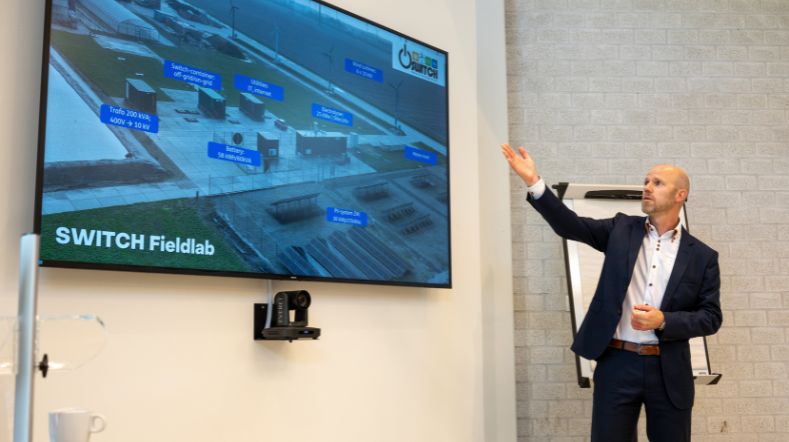

Improving wind turbine maintenance with the sensor installation robot
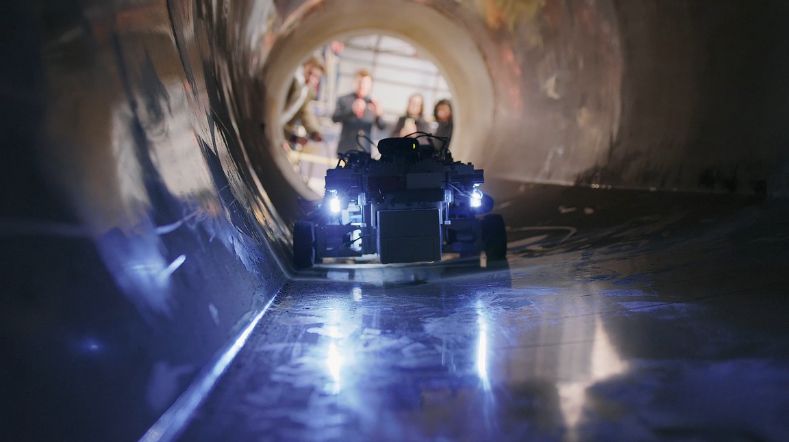

Project launched for recycling wind turbine blades
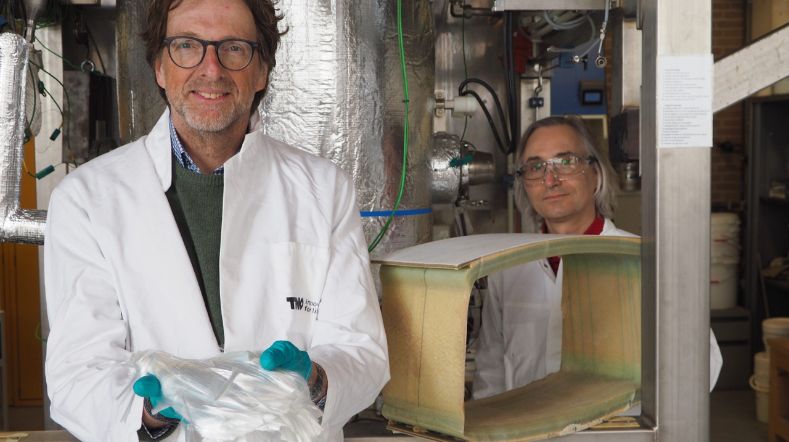

Shade screens with rollable solar foil combines energy generation with climate control in greenhouses
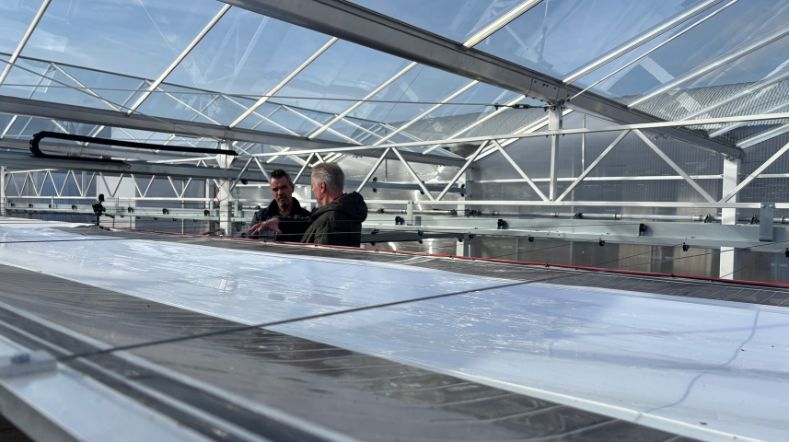

TNO research leads to better damage prediction for offshore wind turbine blades
